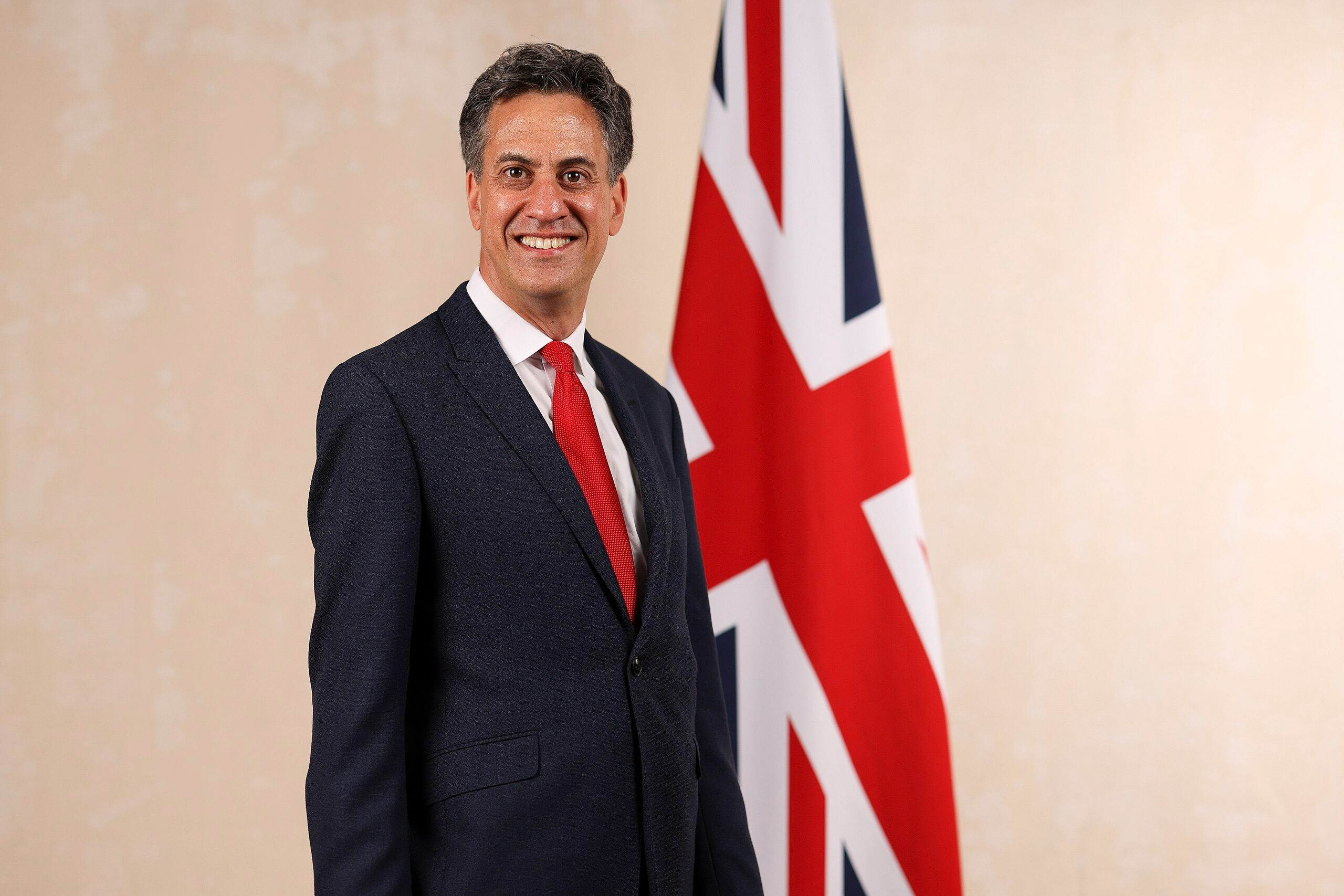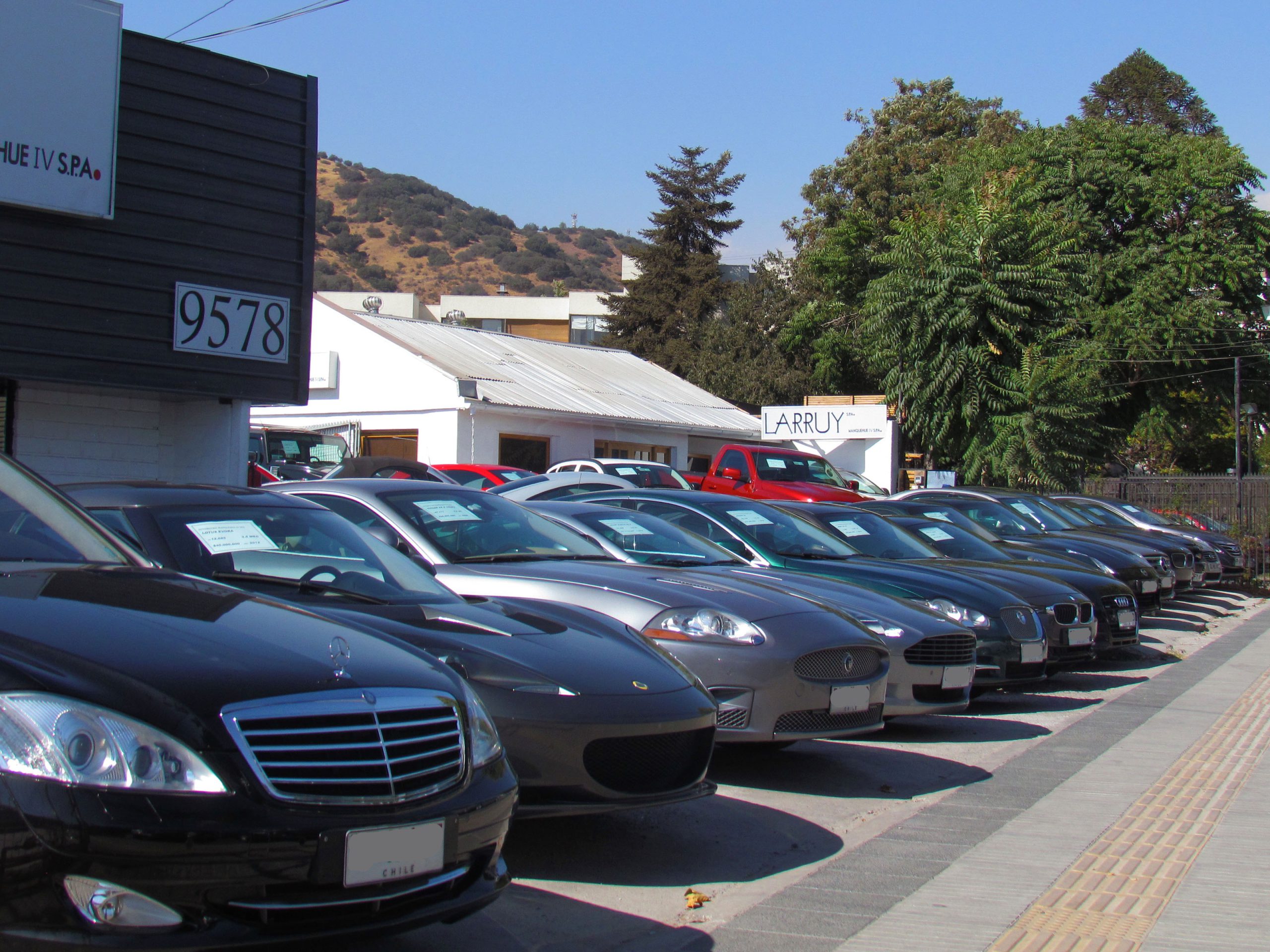UK drivers planning their next car purchase just got clarity—and a deadline. Labour’s Ed Miliband confirmed the government will ban new petrol and diesel car sales from 2030, restoring the original Conservative timeline after Rishi Sunak pushed it back to 2035. “We will ensure that we’re not selling new petrol and diesel vehicles from 2030,” Miliband stated, according to government sources.
Policy Ping-Pong Ends
The 2030 deadline returns to its original Conservative Party timeline, ending months of industry uncertainty.
This marks a return to Boris Johnson’s 2020 commitment, which Sunak delayed in a bid to ease pressure on manufacturers. The flip-flopping left carmakers stuck between investment decisions and regulatory uncertainty—like trying to expand your manufacturing capacity while regulations keep shifting. Labour’s restoration aims to provide industry stability, though manufacturers remain split on feasibility.
The Numbers Tell a Different Story
Current EV adoption sits at just 17.8% despite aggressive government targets requiring 80% by 2030.
The Zero Emission Vehicle Mandate demands:
- 28% of new car sales be electric by 2025
- 52% by 2028
- 80% by 2030
Miss these targets? Manufacturers face £15,000 fines per non-compliant vehicle.
Market reality looks challenging. EV market share crept up just 1.4% year-over-year to September 2024, despite heavy dealer discounts. Ford and Stellantis have publicly expressed reservations about the timeline, citing infrastructure gaps and sluggish consumer demand.
What This Means for You
Existing petrol and diesel owners can keep driving, buying, and selling used vehicles—the ban targets only new car sales.
Your current car isn’t suddenly illegal. The policy affects new vehicle registrations from January 2030 onward, leaving the used car market untouched. Hybrid vehicles occupy a gray zone between 2030-2035, with their fate subject to ongoing government consultation.
If you’re considering a petrol car purchase in 2029, it might be your last chance at a showroom—but hardly your last chance to own one. The transition assumes dramatic infrastructure expansion and consumer behavior shifts that haven’t materialized yet. Two-thirds of UK manufacturers still support the 2030 target, but closing that gap between 17.8% and 80% EV adoption requires more than policy deadlines to succeed.




























